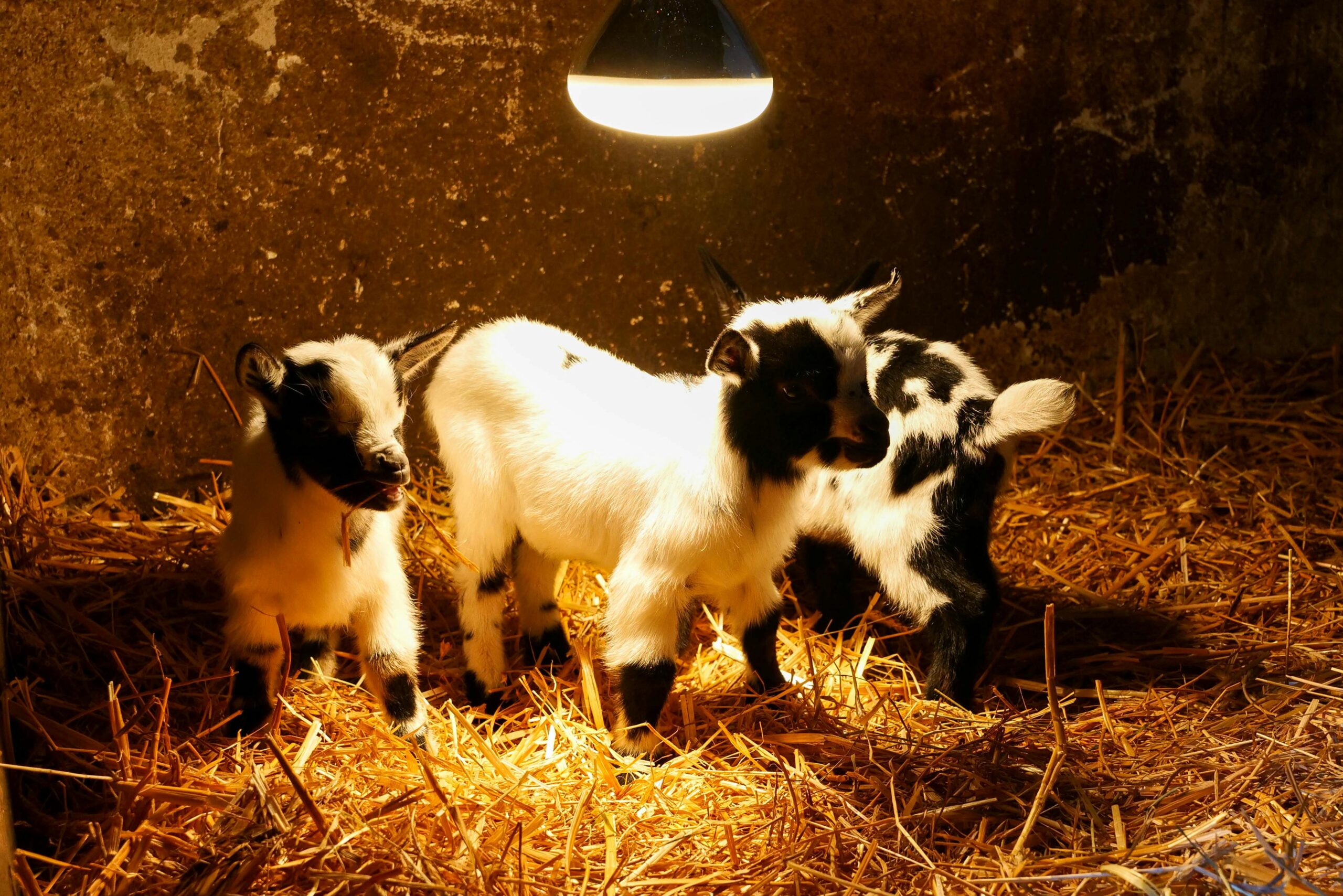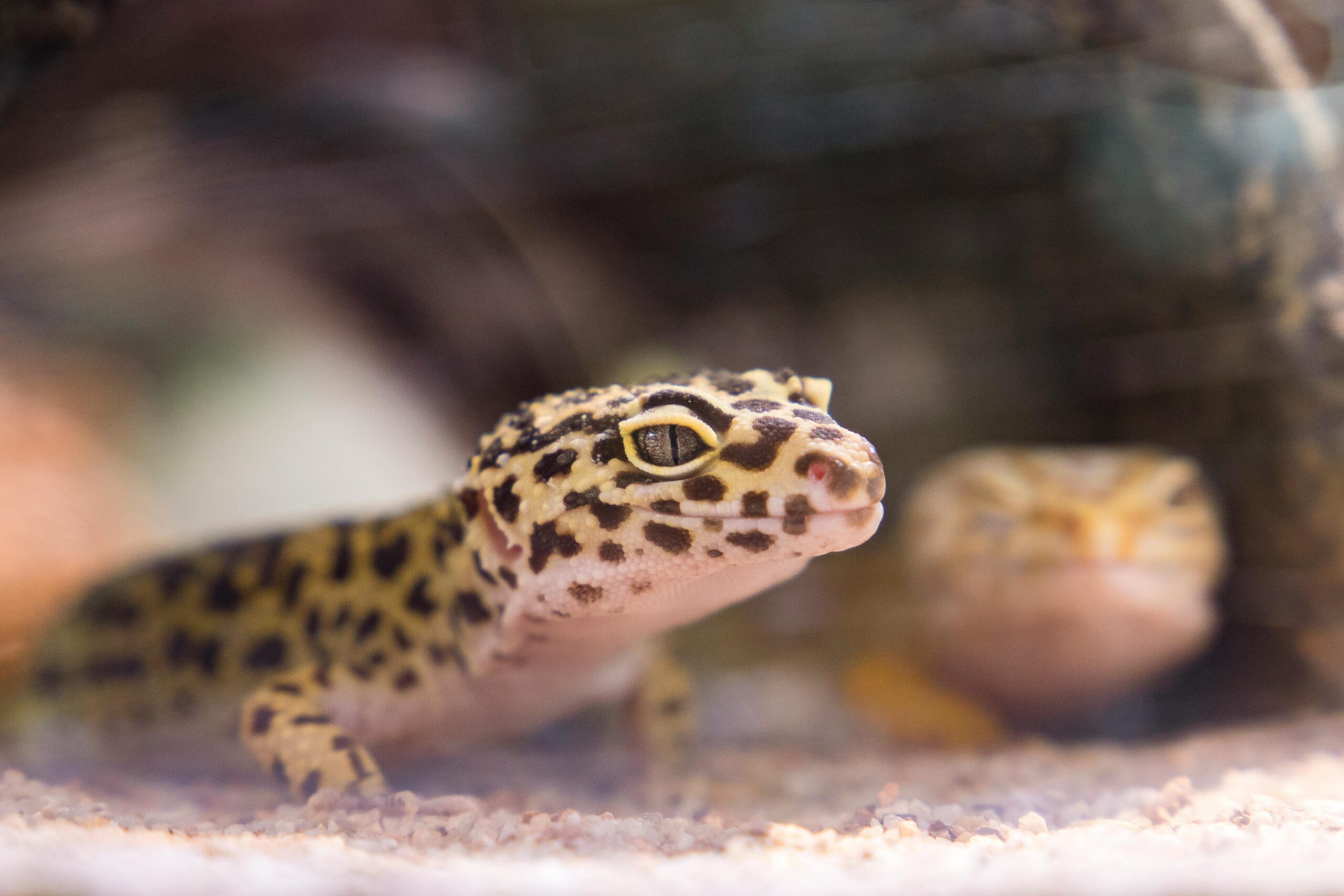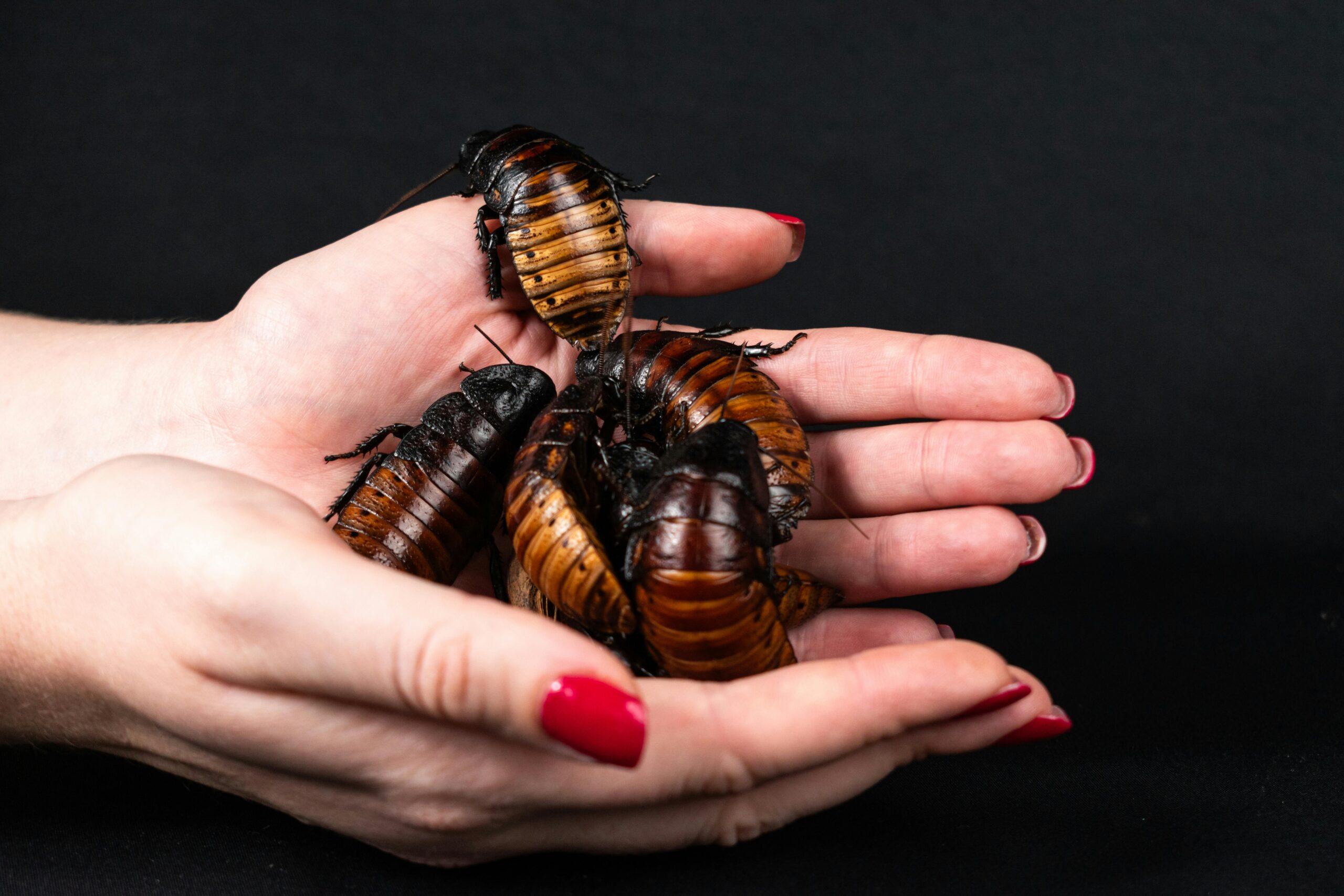Different considerations come into play when one is assessing the safety of exotic pets be safe for children. Even though unusual animals may look lovely and are rare friends, they generally come with care specifications and behavioral nuances that not all families can handle, particularly families with younger kids. This article will assess different important aspects touching on the safety of exotic pets in homes with children, by examining several relevant topics including the characteristics and risks associated with different exotic pet types, and essential considerations that families need to address.
Understanding Exotic Pets
Exotic pets are believed to be animals other than traditionally kept pets, for example, cats and dogs. You can expect to find a wide diversity of animals in this category, including reptiles—such as snakes and lizards—birds—including parrots and cockatiels—small mammals, like ferrets, sugar gliders, and hedgehogs—and amphibians, which include frogs and salamanders. All of these animals carry unique requirements, personal attributes, and threats that concern their management and interactions with human beings.
Factors to Consider
1. Temperament and Behavior
exotic pets be safe for children when they understand how exotic pets behave. A few exotic pets act more at ease and accepting, whereas others may become unruly or downright aggressive. Here are some examples:
Reptiles:
Many reptiles including snakes and lizards do not usually behave aggressively, although they can nevertheless bite when they sense fear. A lack of understanding among children about how to manage them correctly raises the likelihood of injury.
Birds:
The fact that parrots and cockatiels tend to offer affection means little if their tough beaks end up hurting them due to stress or a feeling of restriction.
Small Mammals:
Despite being interesting and wonderful friends, guinea pigs and ferrets might bite if they smell impending fear or perceive danger. Children in their early years are unlikely to know that an animal is feeling stressed.
Thoroughly knowing the behavioral nuances of an exotic pet is important for providing safe experiences for children around the pet. When there are children under the age of awareness in a household, a jittery or quickly startled exotic pet may not work well.

2. Potential Health Risks
Diseases carried by exotic pets may possibly endanger the health of children. Some examples include:
Salmonella:
The risk of Salmonella transmission to humans exists due to direct contact or through contaminated spaces, as a result of reptiles, especially turtles, snakes, and lizards. While they are still under development, children have greater chances of infections linked to their fragile immune responses.
Parasites:
Not following correct hygiene practices can result in humans catching parasites from pets of exotic origin. As an example, rodent pets can harbor parasites including mites and fleas.
Zoonotic Diseases:
Some unique pets have the potential to carry diseases that can spread both from animals to humans. Species of birds, including some, have the ability to communicate psittacosis, a respiratory infection that can be serious for humans.
Understanding acceptable hygiene in caring for and being with pets is essential for children, to alleviate health risks. Reaching these goals involves a total hand washing technique and abstaining from touching your face after pet interactions, as well as routine vet visits for your animals.
3. Allergies and Sensitivities
Some children may be allergic or have sensitivities to distinctive animal breeds, including exotic pets. In certain people, sensitive to allergies, guinea pigs and rabbits can cause reactions. It makes sense to observe how family members interact with an exotic pet prior to bringing one home, so any allergies can be avoided.
4. Supervision and Interaction
Having supervision is important when kids engage with exotic pets. Because they are young, children face challenges in understanding animal care and in spotting signs of distress. Consequently, adults need to constantly oversee interactions of children with exotic pets.
Children are more likely to have a successful and safe relationship with pets when directed in proper engagement methods. Here are some tips for safe interactions:
Gentle Handling:
Tell kids to grasp pets lightly and to keep their distance from dramatic maneuvers that could frighten the animal.
Respecting Space:
Help children to better understand and respect the animal’s space, along with its signs that it would like privacy.
Safe Zones:
Establish facilities for pets to be safe when they feel that the stimuli they are experiencing is too much. This is able to calm anxiety in animals and stop the danger of aggressive behaviors.
Educational Activities:
Engage children in educational jobs that affect the care of the pet as well as its environment. This facilitates insight and honors the actual requirements of the animal.
5. Choosing the Right Exotic Pet
Picking out the correct exotic pet is important for families that have kids. All exotically-sourced pets aren’t fit for families with children, and a handful could demand more unique care than others. Here are some general guidelines for selecting exotic pets for households with children:
Age Appropriateness:
Some rare pets are preferable for older children who grasp their requirements and are responsible in their care. Children under a certain age will probably do well with pets that are distinguished by calmness and simplicity of maintenance.
Species Suitability:
Explore the temperament along with the care needs of several exotic species. Many people tend to see leopard geckos as quite calm when comparing them to snakes that present larger handling struggles.
Socialization Needs:
Some exquisite domestic pets really like social attention and contact, whereas others could favor being alone. If your family is interested in a social animal, you should consider pets known for their affability.
Consult Experts:
Take counsel from veterinarians or exotic pet professionals when you’re thinking about bringing an exotic pet into your family. They can deliver knowledge about the species that are most appropriate for the enjoyment of children and families.
6. Legal Considerations
Examine any laws that might affect you before you opt to introduce an exotic pet into your home. Checking that any exotic animal you wish to buy is legal within the state or local area you reside in is important, because a number of jurisdictions have bylaws that regulate the ownership of individual exotic species.





